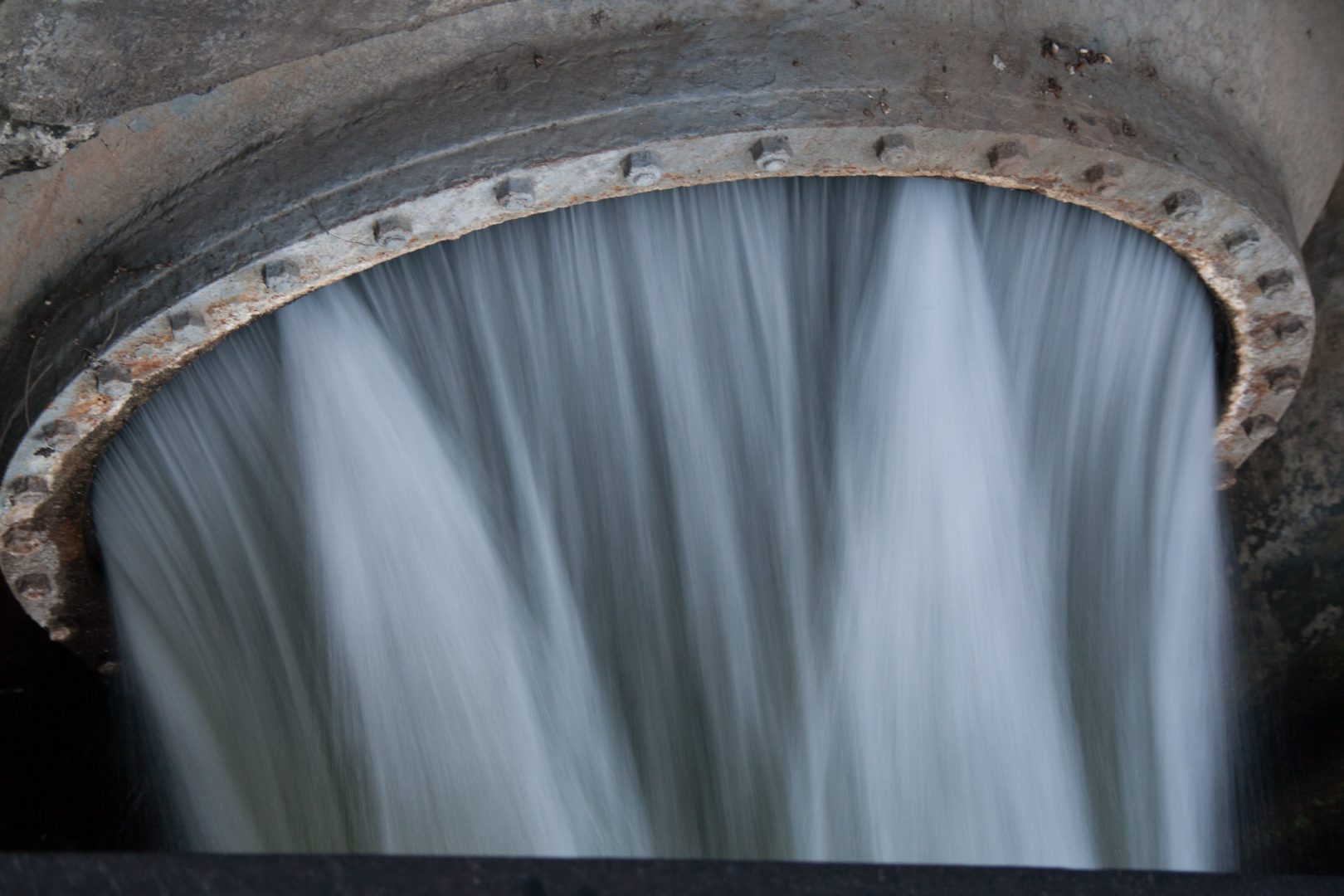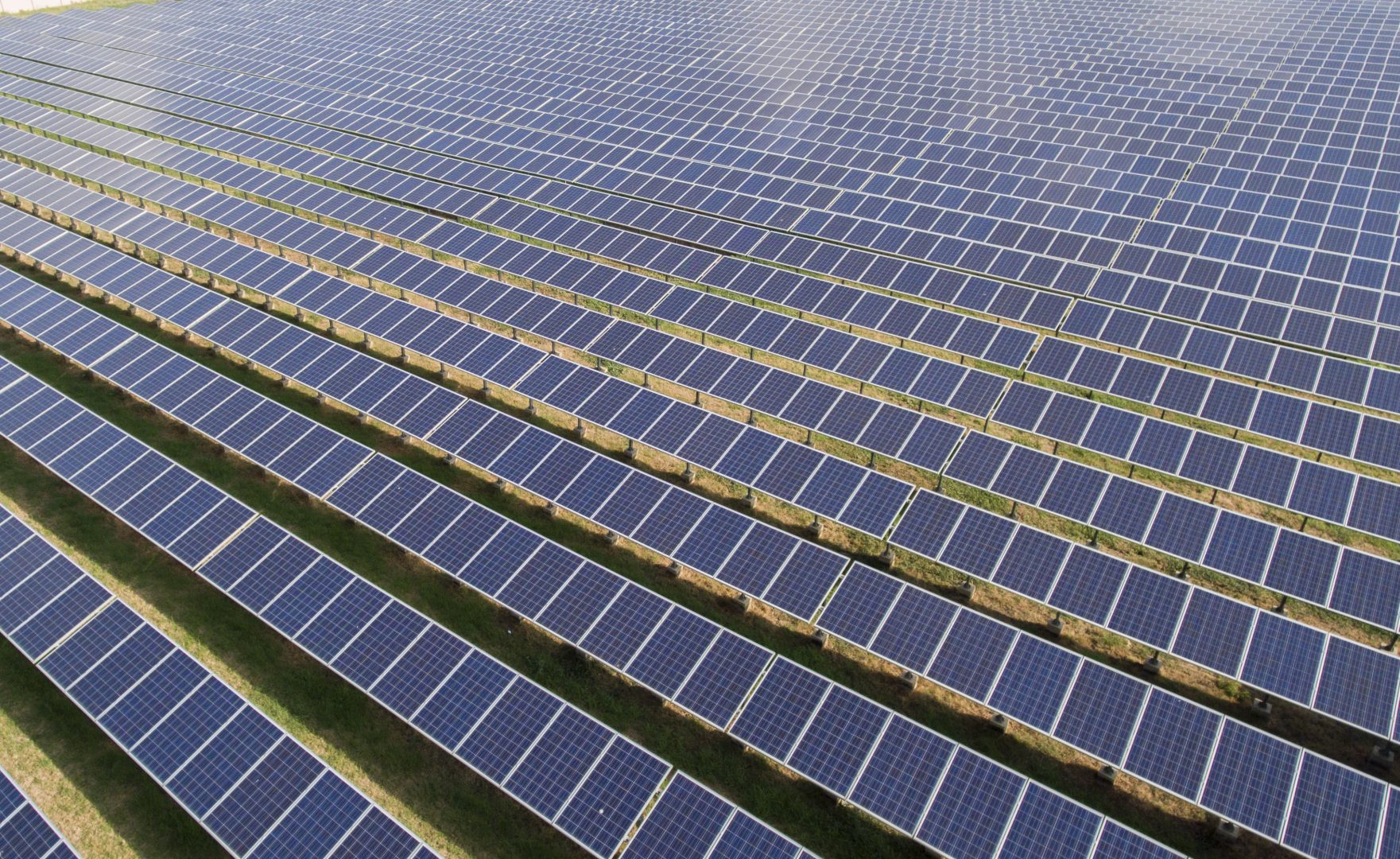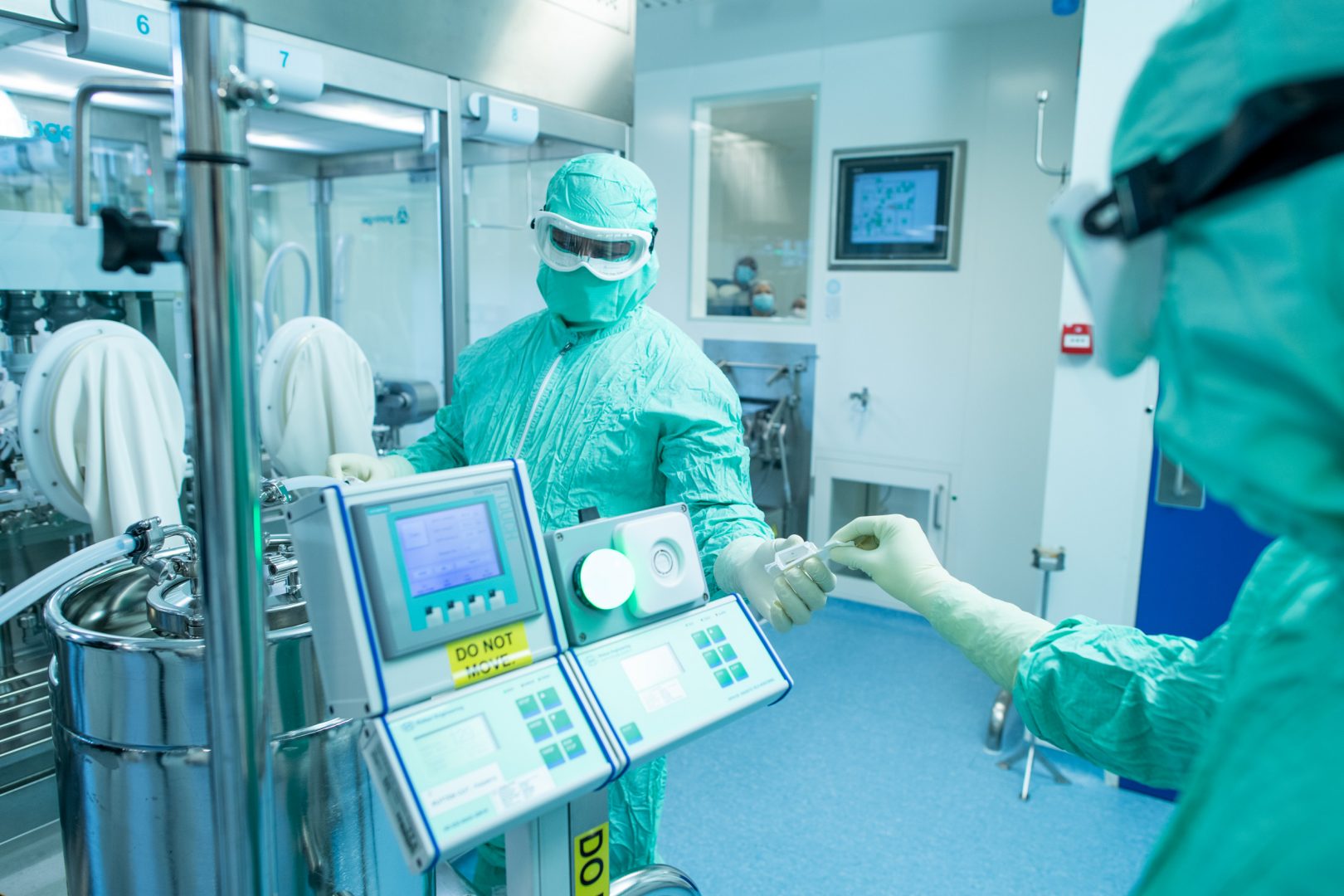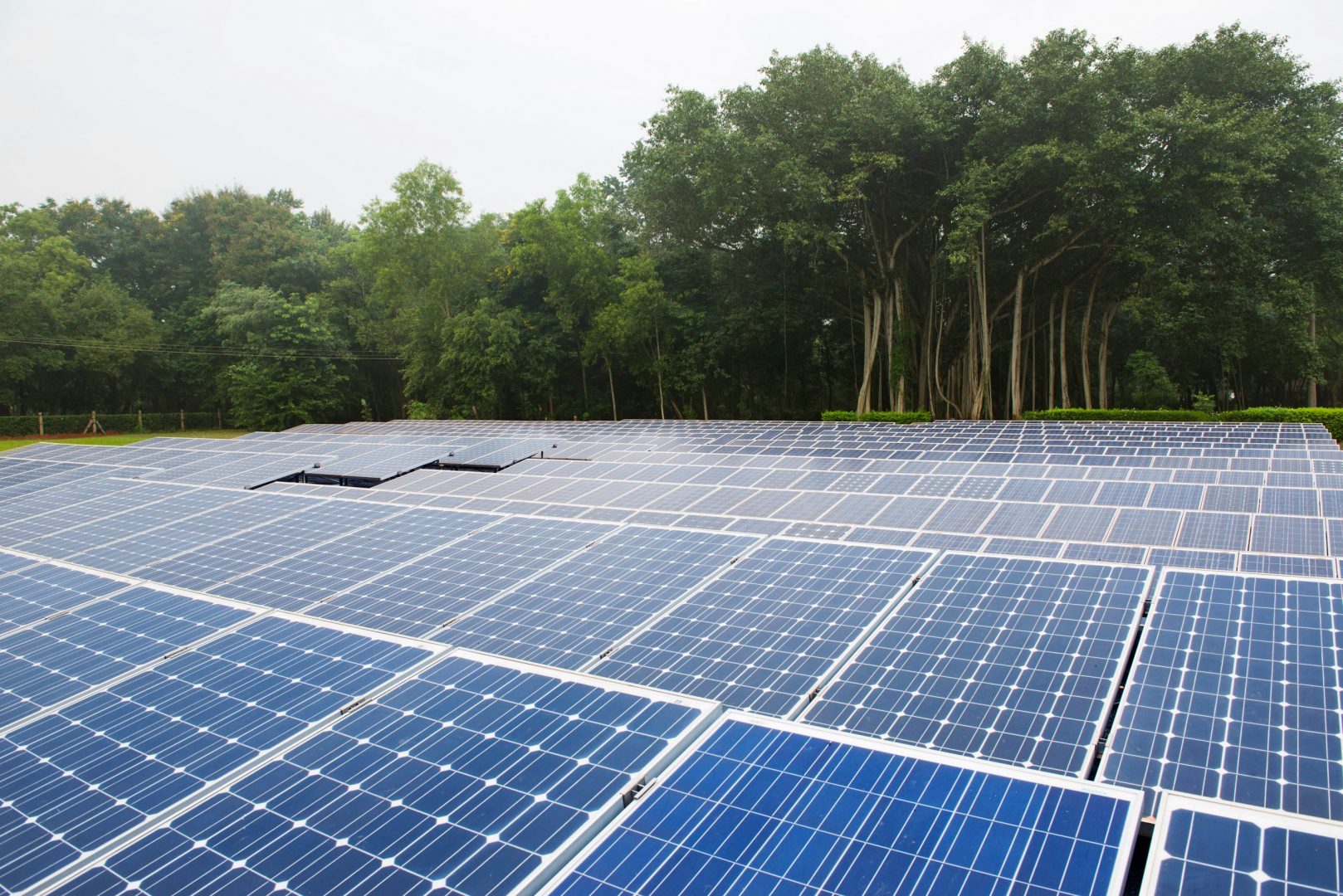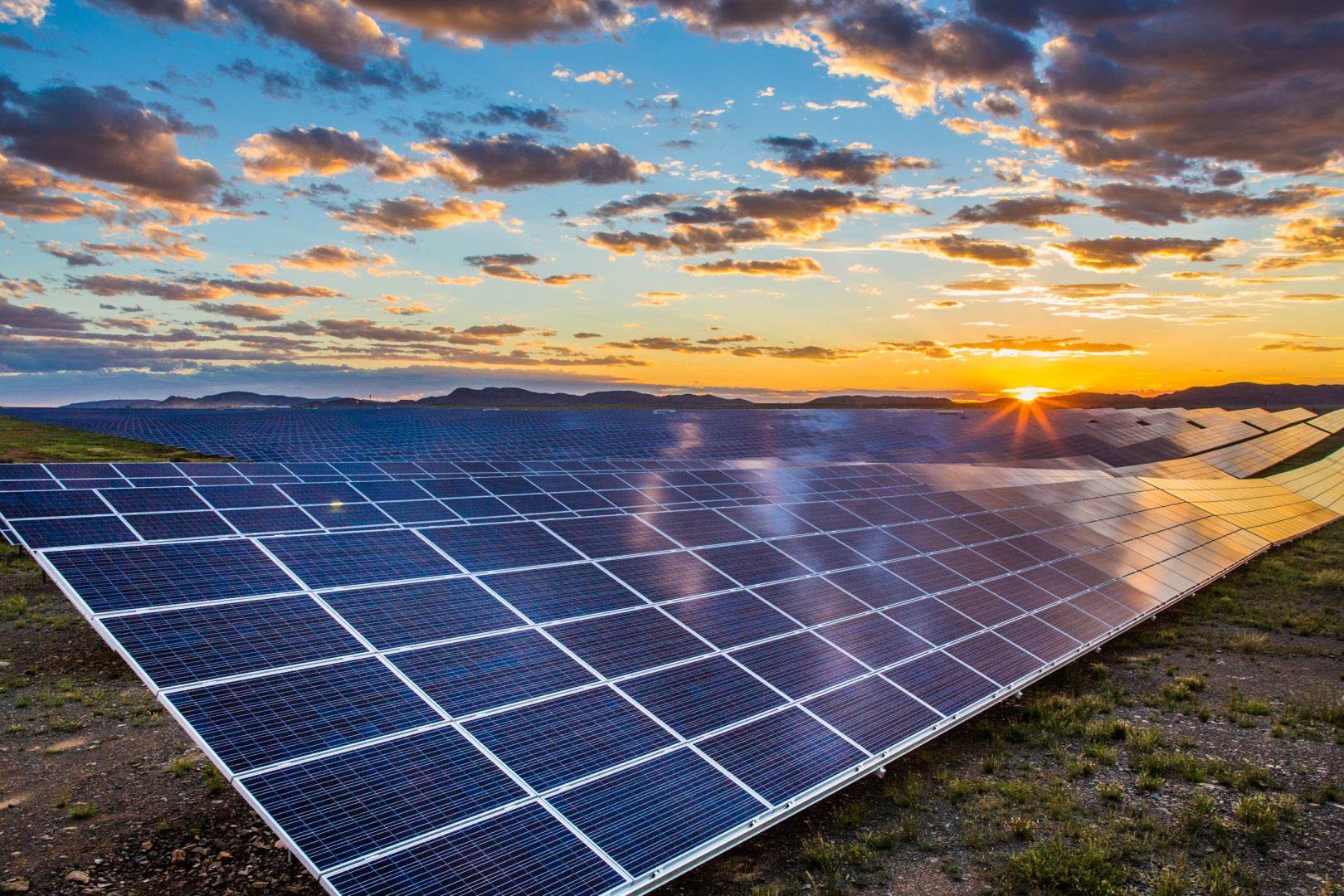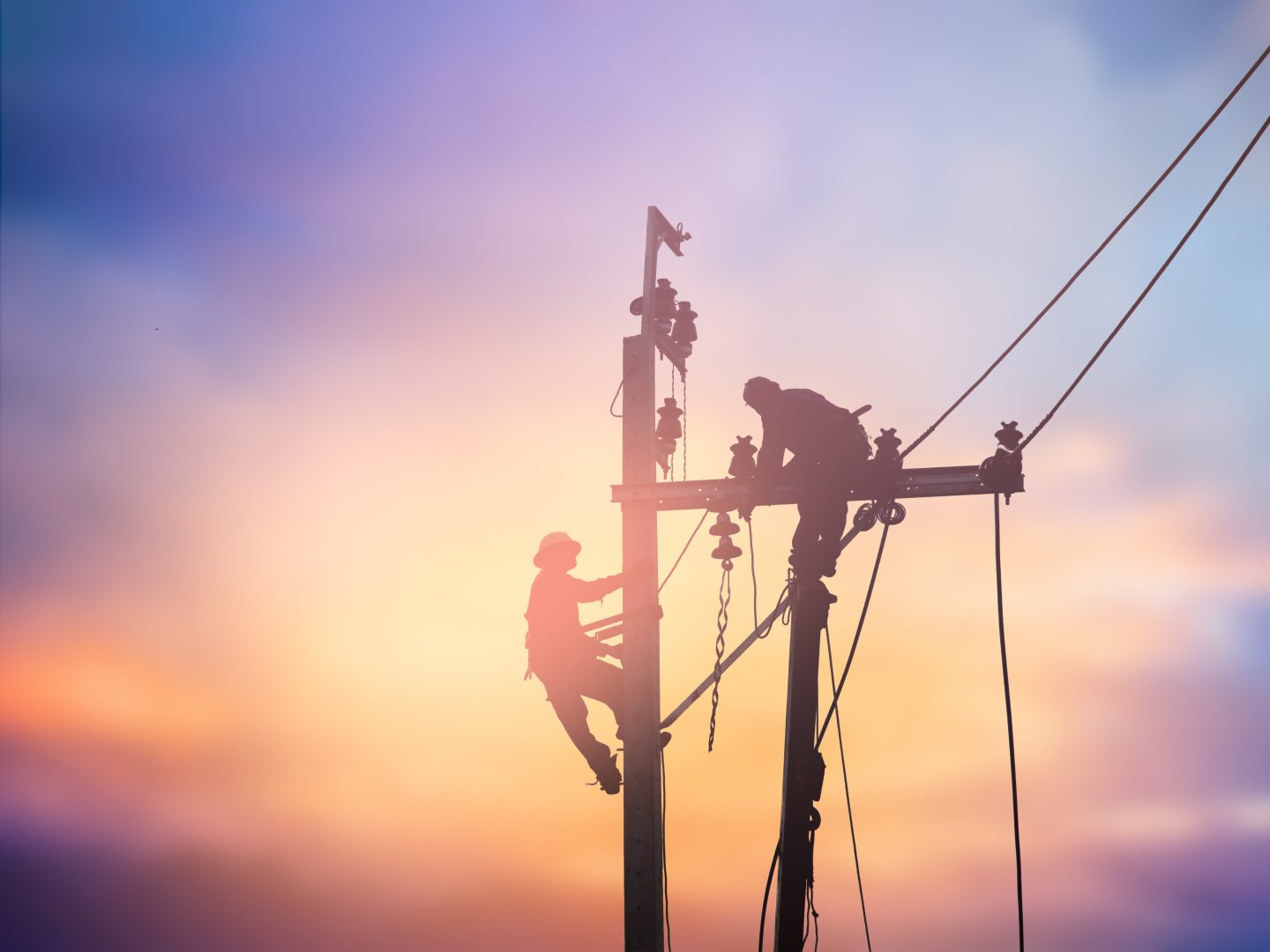In 2017, CDC invested in a joint venture alongside the Aga Khan Fund for Economic Development (AKFED) and Industrial Promotion Services (IPS) to develop and finance power projects in sub-Saharan Africa, mobilising project funding of over US$ 1billion.
The platform’s flagship development project is the creation of the 147 MW Ruzizi III hydropower project to be located in the Great Lakes region (Rwanda, Burundi and the DRC). In a landmark ceremony in Kinshasa, DRC on 29 July 2019, a tri-national power purchase agreement with the Governments of Burundi, Democratic Republic of Congo (DRC) and Rwanda was signed by the sponsors of the project, IPS (on behalf of AKFED, IPS and CDC’s joint venture) and SN Power (a hydropower company owned by Norfund).
Chris Chijiutomi, Head of Infrastructure Equity at CDC Group, said:
“CDC is committed to helping tackle climate change, supporting renewable energy projects across Africa. This is a hugely positive step in the creation of Ruzizi III. This hydropower plant will contribute significantly to socio-economic development, building confidence in these economies, increasing the supply of reliable and affordable power to millions of people across the region as well as using generation from clean and renewable sources.”
Richard Charlton, Investment Director for Infrastructure at CDC Group, commented:
Last week’s signatures were the product of seven years of exceptionally hard work since the international tender in 2012 — involving the three host nations, the coordinating regional body EGL, the multilateral partners (AfDB, KfW, the EU and the World Bank) and of course the project developers and all their respective advisers. Ruzizi III is particularly exciting because it will be the first privately sponsored project in sub-Saharan Africa that will make use of a common regional resource and generate power to be shared equally by three countries.
The project will also address many of the SDGs including 7, 9, 11 and 13. Currently, it is projected that Ruzizi will benefit a population of 30 million people, 70% of which are living under the poverty line and averaging a 6% electricity access rate. Once commissioned, Ruzizi III will double Burundi’s current capacity, increase Rwanda’s installed capacity by 33% and provide much needed baseload power in Eastern DRC, a region that is otherwise isolated from DRC’s interconnected grid.
![]()
![]()
![]()
![]()


